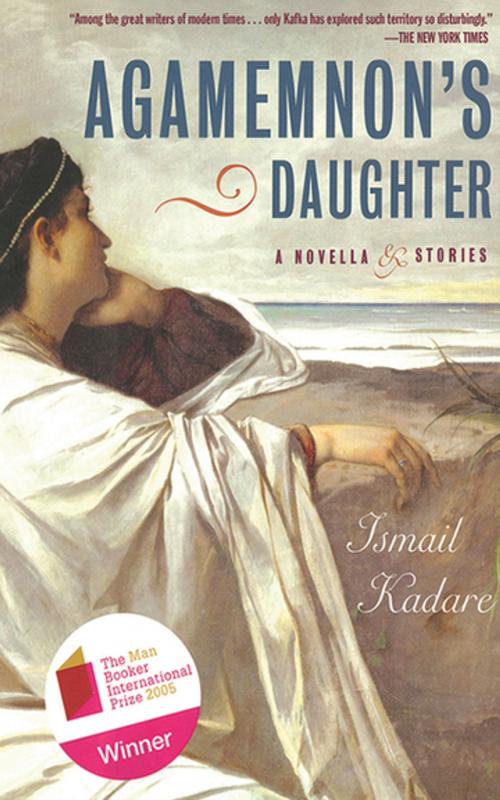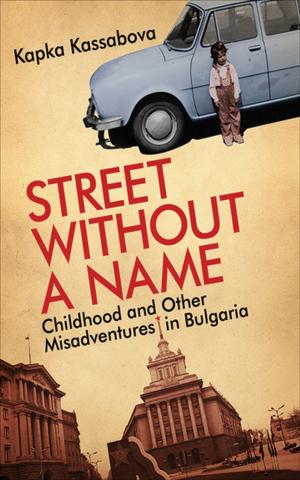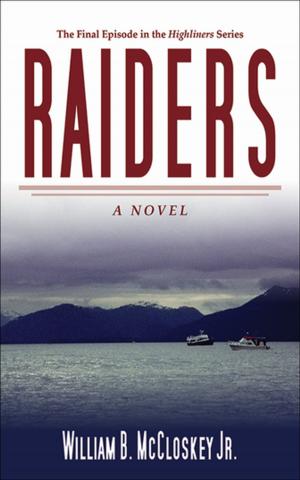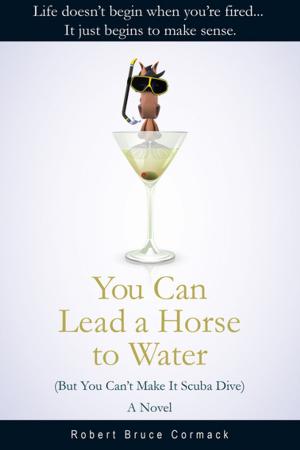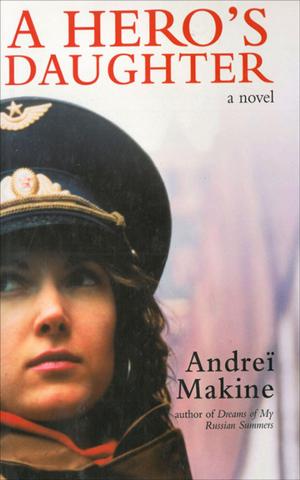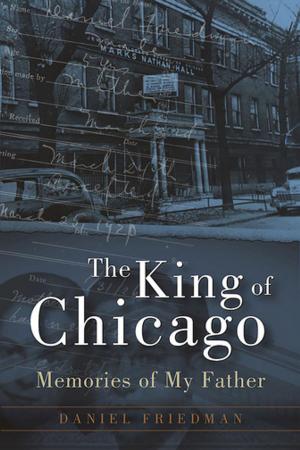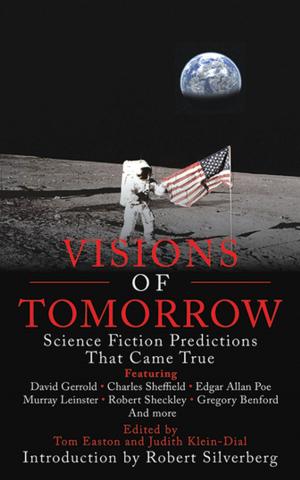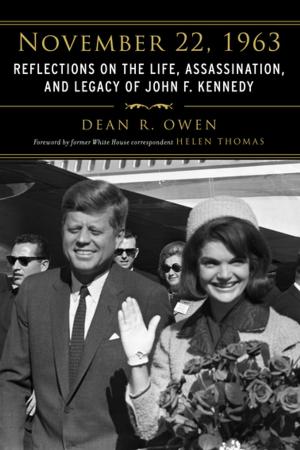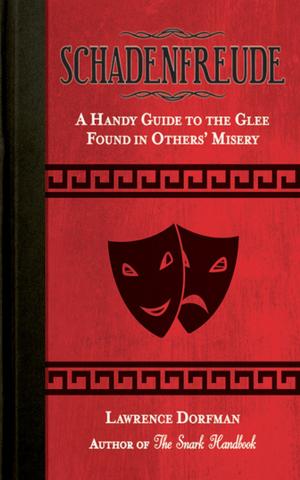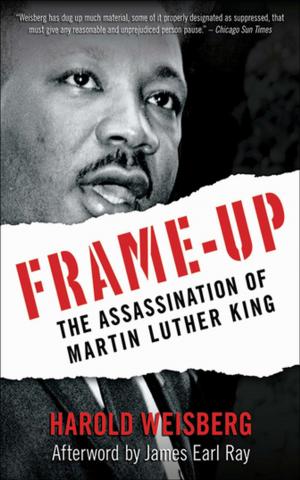| Author: | Ismail Kadare | ISBN: | 9781628722338 |
| Publisher: | Skyhorse Publishing | Publication: | December 3, 2011 |
| Imprint: | Arcade Publishing | Language: | English |
| Author: | Ismail Kadare |
| ISBN: | 9781628722338 |
| Publisher: | Skyhorse Publishing |
| Publication: | December 3, 2011 |
| Imprint: | Arcade Publishing |
| Language: | English |
“An extraordinary portrait of tyranny” from the winner of the Man Booker International Prize and author of A Girl in Exile (The New York Times).
Psychologically incisive and impeccably crafted, Agamemnon’s Daughter tells the crushing story of passion shattered by a heartless regime. Once again, Kadare denounces with rare force the machinery of oppression, drawing us back to the ancient roots of Western civilization and tyranny.
This collection also showcases two masterful stories: “The Blinding Order,” a parable about the uses of terror in the Ottoman Empire, and “The Great Wall,” a chilling duet between a Chinese official and a soldier in the invading army of the great conqueror, Tamerlane.
“Kadare is inevitably likened to Orwell and Kundera, but he is a far deeper ironist than the first, and a better storyteller than the second. He is a compellingly ironic storyteller because he so brilliantly summons details that explode with symbolic reality.” —The New Yorker
“An extraordinary portrait of tyranny” from the winner of the Man Booker International Prize and author of A Girl in Exile (The New York Times).
Psychologically incisive and impeccably crafted, Agamemnon’s Daughter tells the crushing story of passion shattered by a heartless regime. Once again, Kadare denounces with rare force the machinery of oppression, drawing us back to the ancient roots of Western civilization and tyranny.
This collection also showcases two masterful stories: “The Blinding Order,” a parable about the uses of terror in the Ottoman Empire, and “The Great Wall,” a chilling duet between a Chinese official and a soldier in the invading army of the great conqueror, Tamerlane.
“Kadare is inevitably likened to Orwell and Kundera, but he is a far deeper ironist than the first, and a better storyteller than the second. He is a compellingly ironic storyteller because he so brilliantly summons details that explode with symbolic reality.” —The New Yorker
